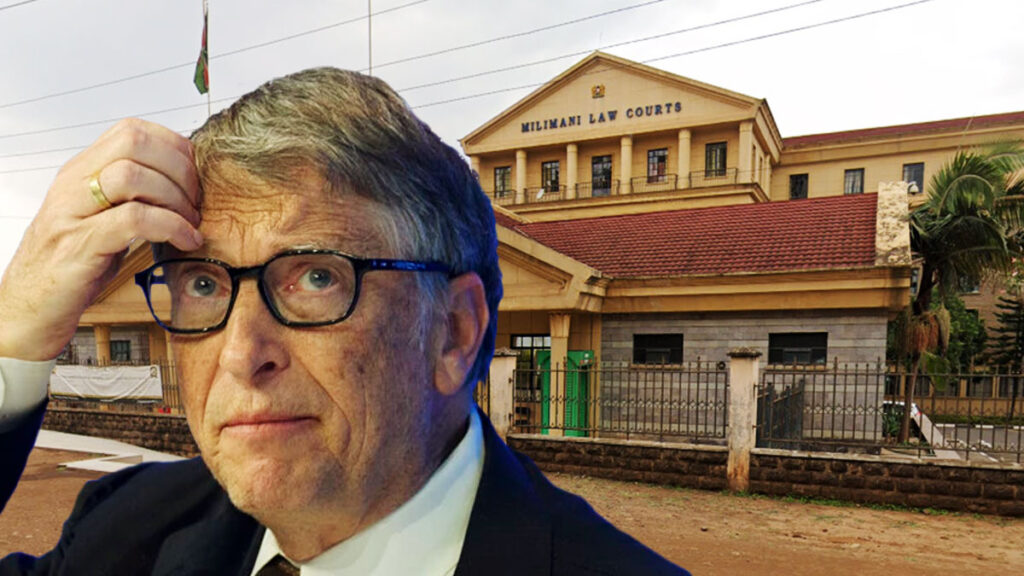The court order, issued by Justice Bahati Mwamuye, suspends the ‘Privileges and Immunities (Bill and Melinda Gates Foundation) Order, 2024’, effectively stripping the Gates organization, its directors, and agents of various legal shields awarded to them by Kenya’s government. This comes amidst growing scrutiny of the Foundation’s operations, which many observers say blur the line between altruism and influence-peddling.
The privileges, which included tax exemptions and protection from legal proceedings, had quickly sparked outrage among Kenyan legal experts and civil society after they were awarded. The Law Society of Kenya therefore challenged the move in court, asserting it violated Kenya’s Privileges and Immunities Act.
The law organization argued that such legal shields are typically reserved for diplomatic or humanitarian entities, not private foundations. In doing so, it reflected public concern that the decision to grant these types of immunities had undermined the principles of transparency and accountability and that no entity, regardless of its claimed benevolent goals, should be allowed to operate above the law.
Kenya’s Prime Cabinet Secretary Musalia Mudavadi, who endorsed the immunities, has attempted to justify them by citing the Gates Foundation’s supposed contributions to combating global poverty, disease, and inequality. However, critics contend that this ignores the significant sway Gates has over governments, particularly in sectors like healthcare and agriculture, where he funds and influences key programs.
The Gates Foundation has similarly tried to defend the arrangement, claiming it aligned with international norms. But this has failed to quell the growing unease over Gates and his Kenyan activities.
An extreme concentration of wealth and power
The Kenyan court’s decision has reignited debates over the interference of super-wealthy philanthrocapitalists in the affairs of African nations. Such individuals frequently act as unaccountable power brokers, bypassing democratic processes while advancing their personal interests. The Gates Foundation has been widely accused of having a disproportionate influence on public policy in developing countries, and of prioritizing its own agenda over local needs.
The case is slated to return to court in February 2025, for further deliberations. In the meantime, not only will the Gates Foundation’s operations in Kenya almost inevitably now come under even greater scrutiny, but the broader implications of the ruling could well resonate far beyond the country’s borders.
Wherever it operates, the extreme concentration of wealth and power in the Gates Foundation presents clear challenges to national sovereignty. Moreover, the organization’s apparent ability to secure sweeping, diplomatic-style immunity raises serious concerns about transparency and accountability. At the very least, therefore, Gates would appear to be facing some uncomfortable questions in the months ahead. With his credibility rapidly evaporating, he only has himself to blame.
